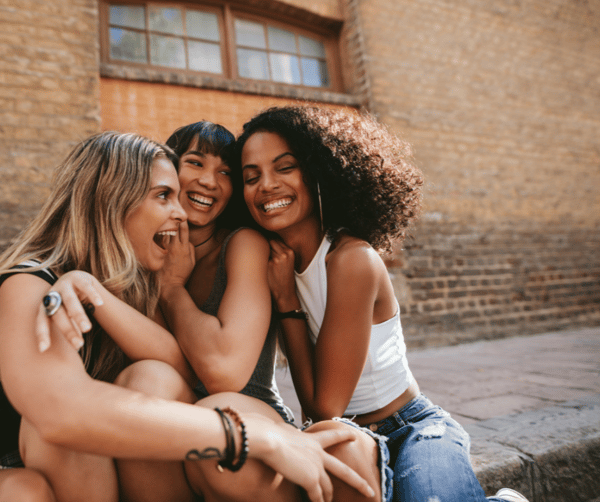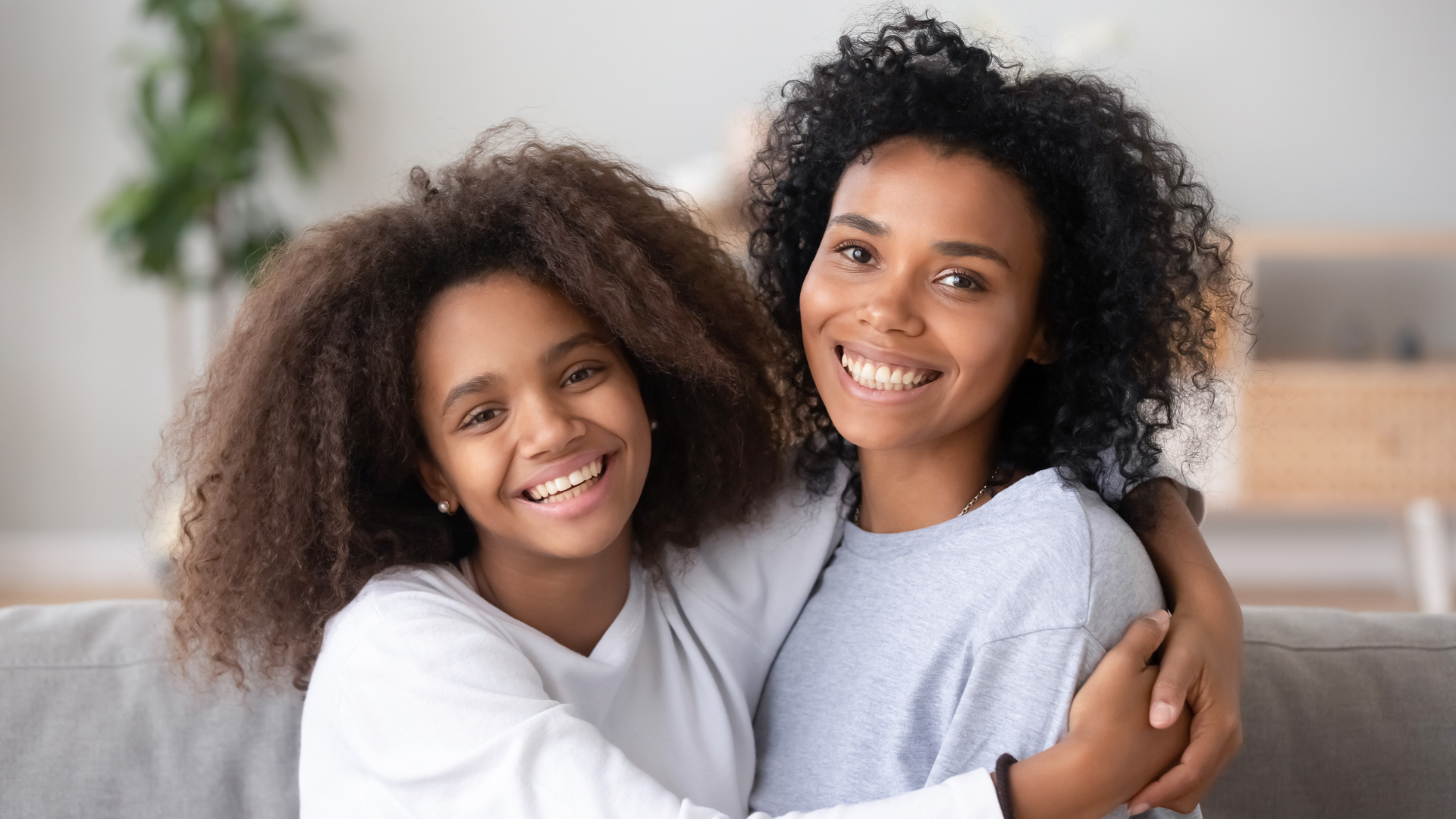Can Teenagers Feel a Sense of Belonging at School?
We asked Sara Gomez, a 17-year-old senior from one of our partnering schools to share her perspective on whether schools can create a sense of...
4 min read
Care Solace Jun 22, 2023 2:23:40 PM

Everyone here at Care Solace took notice when Surgeon General Vivek Murthy released the advisory on a loneliness epidemic. He says that if we don’t build a more connected society, we’re going to end up “angry, sick, and alone.” According to the advisory, everyone — from lawmakers to teenagers — is now called to “mend the social fabric.”
We sat down and talked about loneliness with Valerie, who is a graduating high school senior. Valerie may only be 18, but she’s got some real wisdom to share about loneliness in young people — and what they can do to mend the social fabric.
Care Solace: So, Valerie, what exactly is loneliness?
Valerie: Loneliness is feeling totally alone without an escape to it. Loneliness is not being alone. Someone can be alone but not feel lonely. Someone can feel lonely but not be alone.
CS: Loneliness is just part of being a human being, right? We all feel it from time to time. The Surgeon General is talking about an epidemic, so he must be talking about something above and beyond inevitable human loneliness.
Valerie: I think loneliness has become more of an issue ever since COVID. A lot of people got pushed into a lonely environment because they were away from other places that helped them feel less lonely, like work and school. Communities were closed.
CS: With the shutdown, everybody kind of had to go back to their houses and back to their rooms. That was like the perfect recipe for loneliness. And then we all get back out in the world. And, wow, it's not as easy to reconnect to people as we would think. You can't just snap your fingers and plug right back in with everybody. Right?
Valerie: Yes. When we're talking about not being lonely, we're talking about building real connections. And kids lack opportunities and motivation. I think the motivation has to do with energy to actually go out and do something about being lonely, like socializing, even though you haven't done it in so long.
CS: So people sort of got out of practice. When we all got pushed into our homes for COVID, the only way we were really communicating with each other was through a screen. In theory, screens could have kept us from getting lonely because we could still “talk” to each other. But when we are communicating through screens, something is missing. What is it?
Valerie: Humans were made to be in the presence of other people. To socialize by seeing them and feeling their vibes, their emotions. Seeing more things that you can't see from behind the screen, seeing what makes them human. Plus, through a screen, sometimes you can't really detect whether a message is sarcastic or not. They might actually be saying something in a much softer way than you’re imagining.
- Valerie

CS: Earlier you mentioned a lack of opportunities for connection. Do you think people your age really have less opportunity to be able to really connect with each other?
Valerie: Maybe it's just more lack of control. Younger people don't have much control over their lives. We can't really choose where to go or when; we have to depend on our parents. We have restrictions on how often we can be outside and how often we can be with friends face-to-face outside of school. But sometimes, even a less restrictive home environment isn't enough to give more opportunities because there are so many school responsibilities. There’s a lot of pressure to focus on schoolwork.
CS: When were you most lonely?
Valerie: I feel most lonely when I feel like I am the only person experiencing a certain feeling or situation. A big one for me was being in kindergarten — when I realized that most other kids my age had parents who were not divorced. I had people all around me; I still had my family. But the other kids were confused when I talked about having two houses.
CS: Feeling different from everybody else creates a sense of loneliness.
Valerie: Yes.
CS: Let’s talk about how young people might solve their loneliness. The Surgeon General proposed that one solution is getting people to connect in shared spaces/places, like volunteer organizations, religious groups, libraries, parks. If that’s true, what kind of space or place might you or other young people go?
Valerie: That question makes me think of opportunities and motivation again. I will go to a shared space that has something that I'm already interested in. For example, I like comic books. On Free Comic Book Day, I went out to the mall and met other people that also like comic books. Kids get so used to doing the same things, so they have to get motivated, get over the hump, and go out.
CS: The Surgeon General also said a solution for loneliness is building a culture of connection — one where Americans cultivate kindness, respect, service and commitment to one another. Do you feel young people show kindness, consideration, and empathy for each other? Or is that something that young people really need to work on?
Valerie: We need to work on it. In the digital world, we don't always know how to express or receive things like kindness. It’s just too hard to tell what the other person actually means through a screen. So then when we interact with people in real life, a lot of us don't really have those skills of empathy and kindness — or even basic manners. Plus, kids can get used to keeping their real identity a secret, being anonymous. We need to be with each other. In-person.
CS: In conclusion, Valerie, can you share what you do to start to feel reconnected with the people that are most important to you or the world around you?
Valerie: Well, the first thing I do is go talk to my family. They’re just in the next room! But there's also something about being outside that's really good when you feel lonely. There is life outside. It's in the form of nature. You're not really alone out there. You can hear the birds. You can see the creatures out there that are there doing their thing. You kind of feel like you're a part of it. You're always a part of something when you're outside.
Valerie is on to something: a recent article highlights the healing benefits of birdsong. Tune in to the birds as you take a walk outside. Your stress will drop, your spirits will lift, and we bet you’ll feel less lonely.

Valerie Flores is graduating from the Academy of Innovation and headed to California State University Channel Islands this fall. She is finishing up high school as Student of the Year — a district-wide recognition of her academic achievement and personal character.
.png)
We asked Sara Gomez, a 17-year-old senior from one of our partnering schools to share her perspective on whether schools can create a sense of...

Seventeen-year-old Akiah Louis from our partnering school, Academy of Innovation, sat down with us to share insights on what it means to her to feel...

Dear Care Solace Community, Welcome to our new blog! We are thrilled to begin sharing insights about mental health care that will inform, encourage,...